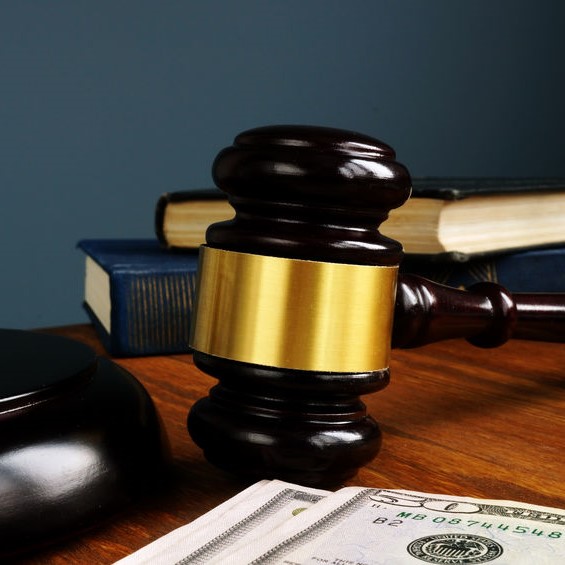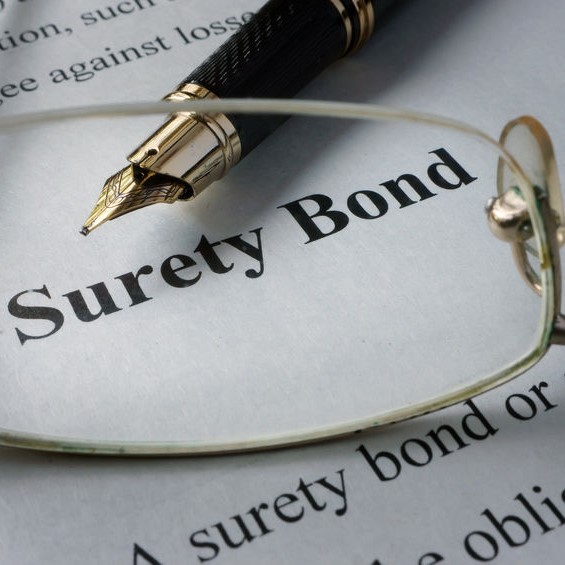
How does a bail bondsman work?
To know how to choose an expert bail bondsman, let’s define what is a bail bondsman first. The state licenses a general bail bondsman they operate within to provide bail bonds for anyone that is accused or has been arrested for a crime. That crime can be anywhere between a traffic ticket to murder, robbery, and more. A bail bond is assuring the courts that the accused will appear in court as ordered.
A bail bondsman is putting up the money to the courts that guarantee the accused is returning. The bail bondsman will require a percentage of the bail amount from the accused. That amount is dictated by state laws. A bail bondsman is a financial professional that furnish bonds or loans. This process requires the bail bondsman to ascertain and determine if a potential client is bondable.
The most common way an accused can prove they are bondable is to put up money toward the bond, the percentage mentioned earlier, or some type of security. That security can be real estate or any valuable property like jewelry, vehicle, etc. Another option is to have a co-signer on the bond that guarantees the accused will arrive in court as ordered.
What is a bail bondsmans job?
A bail bondsman works either independently or is a employee of a bond agency. The role of a bail bondsman is to finalize the paperwork necessary to complete bonding for the accused, receive payments from that person, and track that person down if they fail to appear in court.
What does a bailbondsman do?
- Assessment: Normally, the bond process starts with bail bondsman assessment of the defendant or their representative. They investigate the background to determine if the defendant will appear for the court date, or they are a flight risk. The bail bondsman also assesses the defendant’s ability to pay their bond fee and what financial recourse they have if they fail to make their court appearance.
- Paperwork: Once the assessment is complete and the bail bondsman determines the defendant is good to show up in court, they collect the bail fee from them and complete paperwork, which is filed with the court. It is this formal execution of the bond that gets the defendant released from jail.
- Communication: Some bail bondsmen will spend time prospecting new “business,” much like a salesperson. They have a meeting with current clients and paperwork to maintain. For a bail bondsman, time is of the essence because when they get that phone call, it is a defendant needing bail release as soon as the judge has set bail.
- Apprehension: One duty of a bail bondsman is apprehending clients that did not make their required court appearance that the bond ensured the courts they would. The bail bondsman will track the client down, apprehend them, and bring them to the jail or before the court.
Do you still have to pay the bail bondsman if charges are dropped?
When you’ve been arrested and bail set, then you use a bail bondsman to post that bail for you, the fee you pay for that bond is non-refundable, and you may still be in debt to pay the remainder. For example, if the charges are dismissed, dropped, or reduced, any amount paid by you or for you is non-refundable. If there were a payment arrangement made between you and the bail bondsman, you’d still owe that money.
Why? Because the bail bondsman performed a service for you, and that fee you paid or agreed to pay was for that service. The service was to get you out of jail, and they did. The only exception to this is if the bond wasn’t posted before the charges were dismissed or dropped.
Can anyone be a bail bondsman?
Each state has a different requirement to become a bail bondsman, and within each state, the prerequisites could vary between cities and counties. In Texas, the qualifications and licensing requirements to become a bail bondsmen are
- Must be a U.S. citizen
- Must reside in the state of Texas
- Must be 18 years old or older
- Must have a clean criminal background

What is an expert bail bondsman?
An expert bail bondsman is a person that pays bail for at least five criminal cases in twelve months. An expert bail bondsmen will be currently licensed by the state’s DPS (Department of Public Safety) and able to execute or countersign a bail bond for criminal cases.
When you need to post a bond for yourself or somebody else, it is usually a rush job, and anyone in that position is deciding in a hurry. While all bail bondsman have the goal to get a person out of jail on bail, not all of them operate in the same way.
You need to check several out before you sign on to work with them and verify expert bail bondsman that can get you the right bond for the case at hand. Some pointers on looking for a bail bondsman:
- Give them the total amount of bail needed: The judge decides the bail amount, and the defendant or the jail should be able to give you this information.
- Ask for recommendations or suggestions: Detention officers are located in the court and usually have worked with several bail bondsmen. However, this is sometimes like getting your family doctor to recommend a cardiologist – many are not comfortable making recommendations.
- Hire a lawyer: Criminal lawyers work with bail bondsmen daily and will often have one they work with the most.
- Ask about the required fee: A bail bondsman will charge you a percentage of the bail as a fee to start the bond process. The average is 10%, some are as much as 20%.
- Avoid bail bondsmen with cheap rates: Any bail bondsman that offers a lower rate than others, they are probably a newbie in the industry and won’t have the experience of the bond process.
When you need expert bail bondsmen for your case, know who to call. ATX Bail Bonds is always here for you. Dial 512.834.2245 today!
